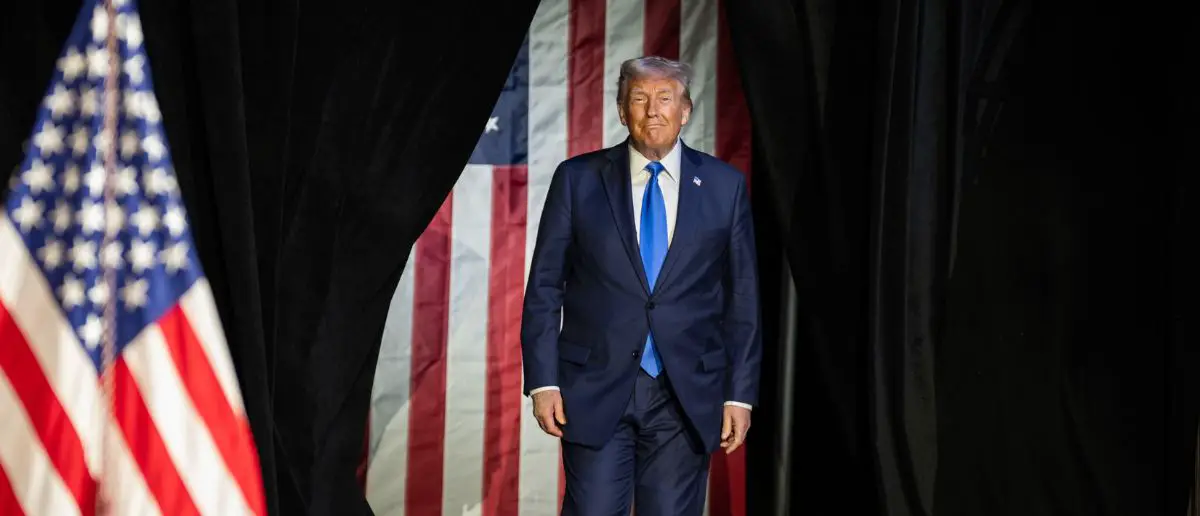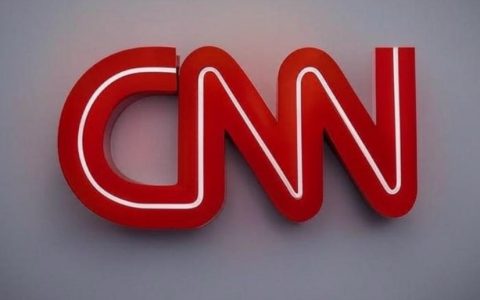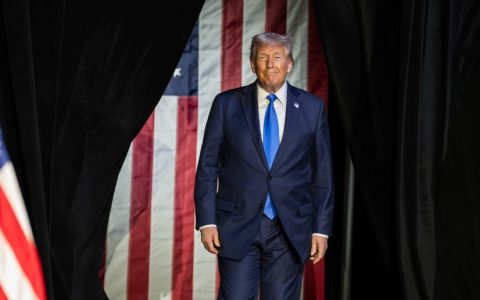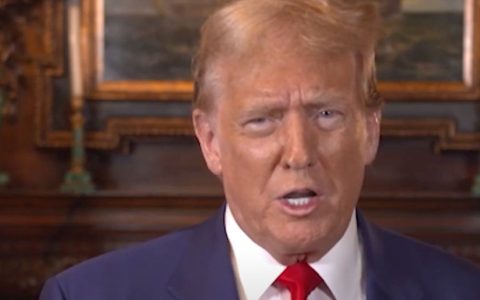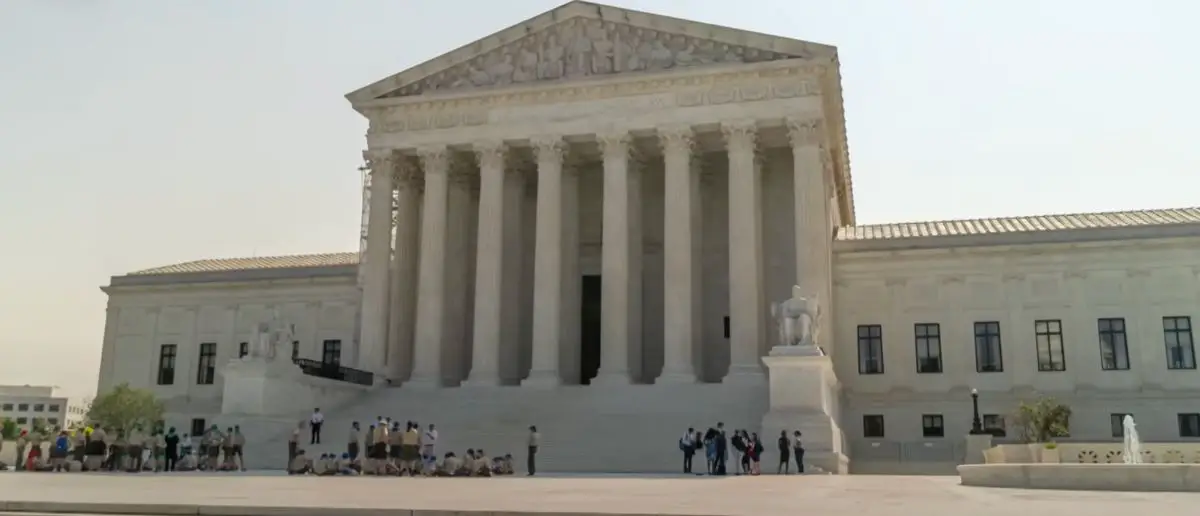
The Left has not been happy with the High Court. It’s no longer in their back pocket.
That’s why Trump is furious about this big U.S. Supreme Court order that’s being disobeyed.
Incoming Trump Administration Puts Leftist Universities On The Hot Spot
Donald Trump’s stance on upholding the authority of the U.S. Supreme Court and scrutinizing universities that defy its rulings is not without merit, especially when considering the actions of the University of California, Los Angeles (UCLA) following the Supreme Court’s landmark 2023 decision to ban race-based affirmative action in college admissions. UCLA’s recent efforts to circumvent the ruling by increasing diversity through questionable methods put it squarely under the spotlight for potential legal challenges.
After the Supreme Court’s decision, many universities, including those in the Ivy League, saw shifts in their student demographics, with Asian enrollment rising and black and Latino enrollment falling. However, UCLA experienced an unprecedented surge in its diversity statistics, raising concerns about whether the university was intentionally defying both the letter and spirit of the ruling.
According to Richard Sander, a UCLA law professor, “there is abundant evidence that, since 2007, UCLA’s undergraduate admissions office has been using significant racial preferences in admissions, in direct violation of the California Constitution (as amended by Proposition 209 in 1996).” Sander’s statement suggests that UCLA’s tactics have become increasingly brazen, possibly inviting a legal challenge for undermining the law.
California’s Proposition 209, which was passed in 1996, already prohibited affirmative action in the state, long before the Supreme Court’s decision. For decades, UCLA appears to have perfected a series of loopholes to continue pushing racial preferences under the guise of outreach and holistic admissions.
It’s official: The Supreme Court has declared race-based affirmative action is unconstitutional.
“The student must be treated based on his or her experiences as an individual—not on the basis of race.” pic.twitter.com/wsAkxrJqNg
— Austen Allred (@Austen) June 29, 2023
The latest data from UCLA highlights the university’s success in increasing enrollment of black and Latino students, even as other institutions have seen the opposite trend. Black enrollment rose by 5%, and Latino enrollment increased by 4%, but the rise in diversity raises questions about whether these efforts adhere to the ruling.
Despite these concerns, UCLA has publicly defended its practices. In a press release following the Supreme Court’s ruling, the university proudly declared its commitment to maintaining a diverse student body. The university stated, “Ensuring that UCLA’s student population reflects the diverse population of California is a goal inextricably tied to the campus’s role as a public university.” UCLA emphasized that it would continue striving to be inclusive, citing its “holistic” approach to admissions as a method to promote diversity.
However, as GianCarlo Canaparo, a senior legal fellow at the Heritage Foundation, points out, UCLA’s use of a “holistic” admissions model serves the same purpose as Harvard’s approach — to disguise the use of racial preferences. “This is the same goal and the same result that Harvard achieved with its ‘holistic’ model, which was just a way to hide that it discriminated against Asian and white applicants,” Canaparo stated. By promoting this approach, UCLA may be inadvertently encouraging other universities to take similar actions, especially as the university’s method has become public.
This raises important questions about compliance. Universities such as Yale, Princeton, and Duke have experienced similar trends to UCLA, with black and Latino enrollments increasing despite the Supreme Court’s ruling. The rise in diversity at these schools has raised suspicion, prompting individuals like Edward Blum, president of Students for Fair Admissions, to demand transparency. Blum argues that many universities may be using “illegal racial proxies” to achieve their diversity goals, which may involve circumventing the court’s ruling.
As UCLA sets a precedent, it’s possible that other universities will follow its lead. “UCLA’s example was indeed a blueprint for other UC schools,” said Richard Sander. He suggests that by publicizing its tactics, UCLA has made it easier for other schools to argue that there are no consequences to skirting the law.
With a new administration under Donald Trump, UCLA and similar universities may soon find themselves facing legal challenges. Canaparo warned that the Trump administration’s Department of Justice would likely target universities that continue to engage in racial gerrymandering in admissions.
DISGUSTING: The head of UCLA Cultural Affairs Commission told subordinates to "do your research when you look at applicants" because "lots of Zionists are applying."
This translated to no Jews allowed because every student who indicated their Jewish identity was rejected. pic.twitter.com/uwF6WlYhb6
— Eyal Yakoby (@EYakoby) December 2, 2024
“College admissions is a zero-sum game,” Canaparo said. “Every spot given to a favored racial group is taken from a disfavored group. The Supreme Court forbids that sort of racial gerrymandering, and UCLA has made itself a prime target for private litigants and President Trump’s Department of Justice.”
Trump’s call to investigate universities like UCLA that appear to undermine the U.S. Supreme Court’s authority is well-founded. The use of race as a factor in admissions, despite clear rulings against it, poses a significant threat to the fairness of the admissions process and could perpetuate racial divisions rather than fostering true equality.
Given the potential for legal ramifications, universities like UCLA must be held accountable for their actions to ensure they comply with the law and maintain the integrity of the educational system. The Trump administration seems to be signaling that everyone best obey the ruling of the U.S. Supreme Court or face serious consequences for failing to do so.
Stay tuned to the DC Daily Journal.

